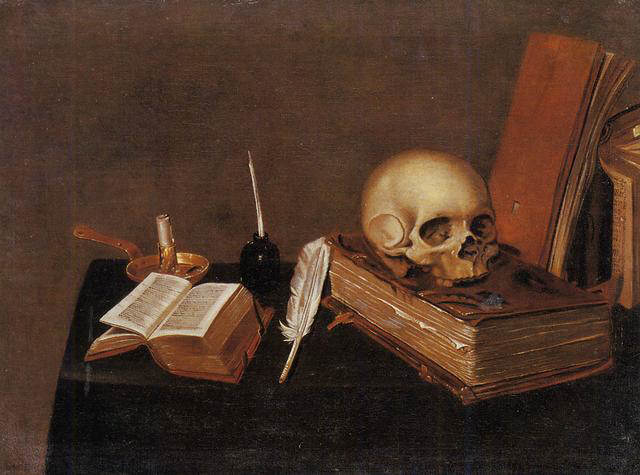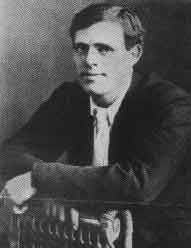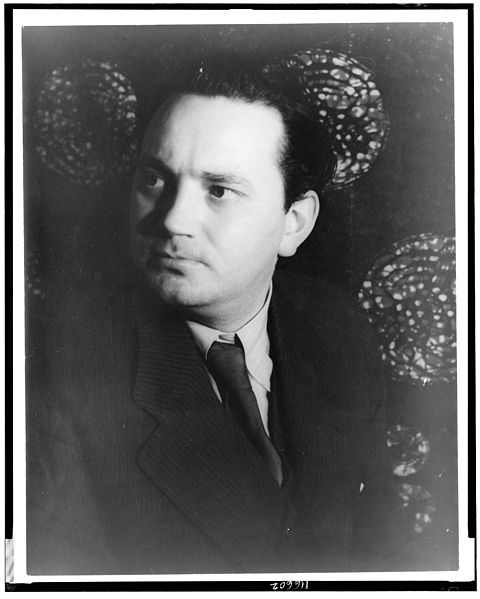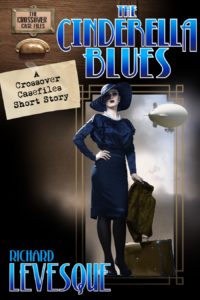The Jack London Method
Anyone who’s given writing a shot knows it isn’t easy. The key to doing it, though, is just to do it. You have to have to write. You have a story that has to come out–a compulsion, an obsession. It’s in your blood, or it’s bleeding out of you as the old line about sitting down at a typewriter and opening a vein suggests. But how exactly do you do it?
When people ask me about my writing process, I sometimes say that I use the Jack London method, but without the morphine. That’s my cryptic (probably annoying) way of saying I commit myself to writing a thousand words a day–but only when I’m actually working on composing a book.
I’ve heard other writers say they use the same method, which was what London claimed he did. And if you look at London’s literary output in the short span of his career (something like 50 books in 16 years, combining novels and short story collections), it’s pretty impressive. If you put your mind to it, it doesn’t take terribly long to write 1,000 words, and if you can budget that every day, you’ve got a novel’s worth of material in 3 months or less.
I don’t claim to be as prolific as London, not by a long shot. I have a day job and a family and I often bring work home with me, so finding the time for a thousand words a day happens for me only at certain times of the year. But when it does happen, this method works pretty well for me.
But then there’s the editing and revision process. That’s where the real writing comes in, and that’s where London’s method stops working. It’s tough to quantify page numbers and words when you’re carefully reading and re-reading, looking for errors, typos, awkward strings of prepositional phrases and passive sentences that just snuck their way into the writing.
Which reminds me of Thomas Wolfe, another literary over-achiever who snuffed his candle at both ends before turning 40. Wolfe is reported to have been heard wandering the midnight streets of New York chanting, “I wrote ten thousand words today, I wrote ten thousand words today.” And I believe it, considering how thick his novels are. He is also said to have shown up at the home of his editor, Maxwell Perkins, with a trunk filled with manuscript, announcing that it was his new novel and leaving it for Perkins to sort out, turning the mass not into one book but two.
I think 10,000 is a bit of a stretch, but if you can push yourself to get that thousand a day done, you’ll have something you can really work with before long. Not all of us have a Maxwell Perkins to dump the results onto, but once you’ve got that first draft down, you’ve at least got something you can pass on to a trusted reader who can start you moving on the next phase.
drafting editing Jack London literature Thomas Wolfe Writing










5 Responses
I think that’s a good method. Sometimes when I’m writing, I know it’s not good, but I need to keep going because it will lead to something good. Then, when I’ve moved ahead a little bit by pushing forward, I can go back and clean up the mess I’ve just trudged through.
Yes, I don’t want to imply that those thousand words are always a good thousand, but nothing good is ever going to come of them if they just roll around in my head in unformed fashion and never get the chance to get tinkered with.
To imply that London used morphine regularly when writing his thousand words is inaccurate. The only time London used morphine was in the last two years of his life when suffering from kidney disease. London sometimes drank before finishing his daily stint, but that was also only toward the end of his life when he was quite sick and self-medicating.
The reason London’s method does not work for editing and revision is because he never edited or revised, except for a word or two crossed out in the course of writing. The words he wrote in his daily stints were the same ones published in magazine and book form; his original manuscripts bear this out.
Yes, didn’t mean to imply that London used morphine while writing–just an attempt at an ironic comment on the unfortunate outcome.
If by “the unfortunate outcome” you mean the old canard that London committed suicide by morphine overdose, that false theory has been disproved by multiple modern medical analyses of London’s case. Even the three physicians attending London’s death concluded that he died as the result of kidney disease. The morphine suicide canard was pushed by London’s first biographer back in the 1930’s as a way to sell books and unfortunately has survived to this day.
Comments are closed.